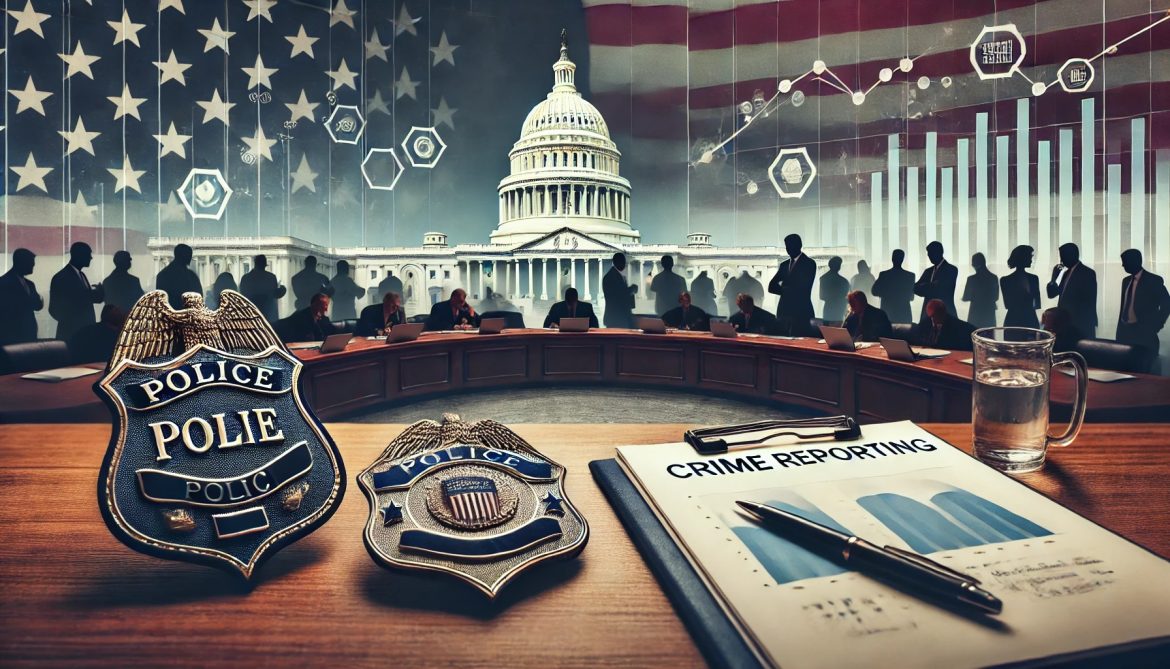Congressional Republicans, led by Texas Representative Troy Nehls, are calling for a federal mandate to ensure all U.S. police departments report crime statistics to the FBI. The push comes after concerns over incomplete data from major law enforcement agencies, which critics argue undermine the accuracy of national crime statistics.
During a Capitol Hill hearing this week, Nehls, a former sheriff, emphasized the importance of transparency and accountability in law enforcement reporting. He criticized high-profile police departments, including those in New York City and Chicago, for failing to provide data, which he claims distorts the public’s understanding of crime trends. Nehls proposed withholding federal funding from cities that do not comply, suggesting that such measures would incentivize participation.
The FBI informed lawmakers that approximately 83% of law enforcement agencies submitted crime data last year, representing 94% of the U.S. population. While these figures show broad participation, gaps remain significant, particularly among larger departments. Experts say these omissions lead to an incomplete picture of crime nationwide, complicating efforts to allocate resources effectively and implement targeted public safety policies.
Advocates for the proposal argue that consistent reporting is crucial for developing evidence-based strategies to combat crime. Nehls stated that “the public deserves access to accurate crime statistics” to make informed decisions about safety and policy. He also noted that improved data collection would enhance federal, state, and local coordination in addressing crime trends.
Opponents of the federal mandate caution against the potential consequences of withholding funding, arguing it could harm communities by limiting resources for public safety initiatives. Critics also point to challenges faced by smaller police departments, which may lack the infrastructure or personnel to meet federal reporting requirements.
Law enforcement leaders and lawmakers are exploring ways to address these barriers, including additional funding for technology upgrades and training programs. The discussion has sparked a broader debate about the balance between federal oversight and local autonomy in policing.
As Congress weighs potential legislation, the push for accurate crime reporting underscores the need for comprehensive data to guide public policy. Advocates hope the initiative will build trust between law enforcement agencies and the communities they serve while providing policymakers with the tools needed to address the nation’s most pressing public safety challenges.



